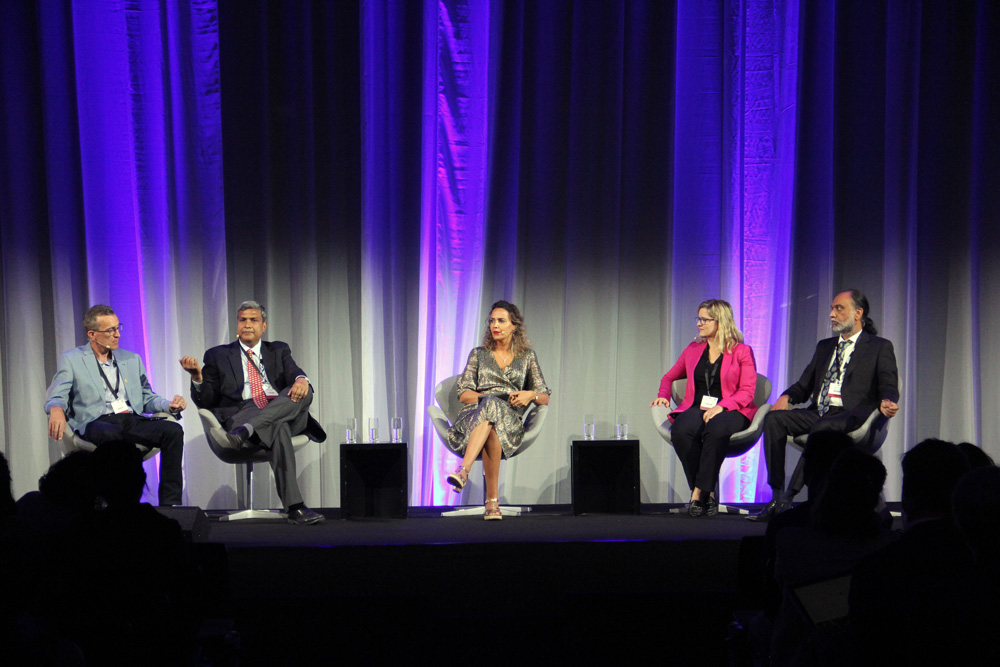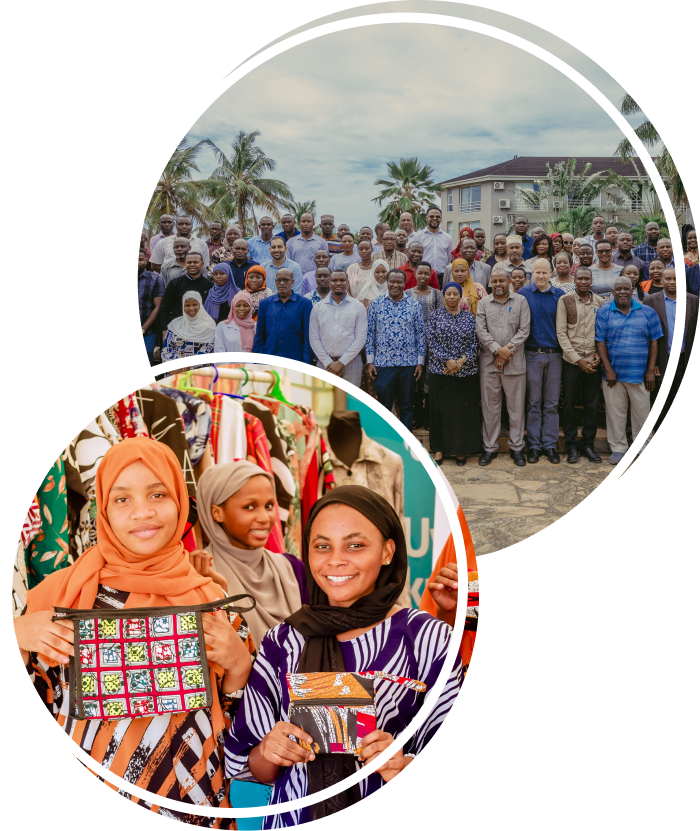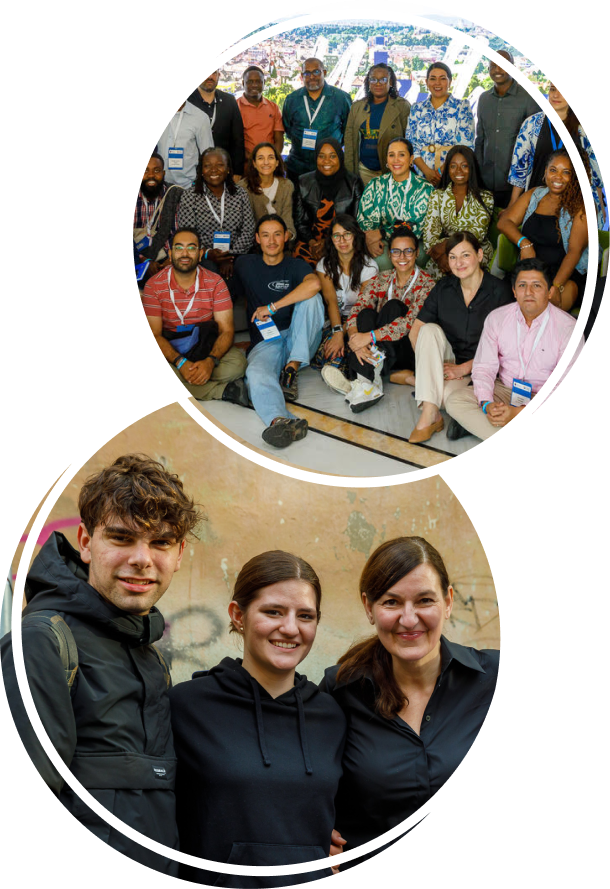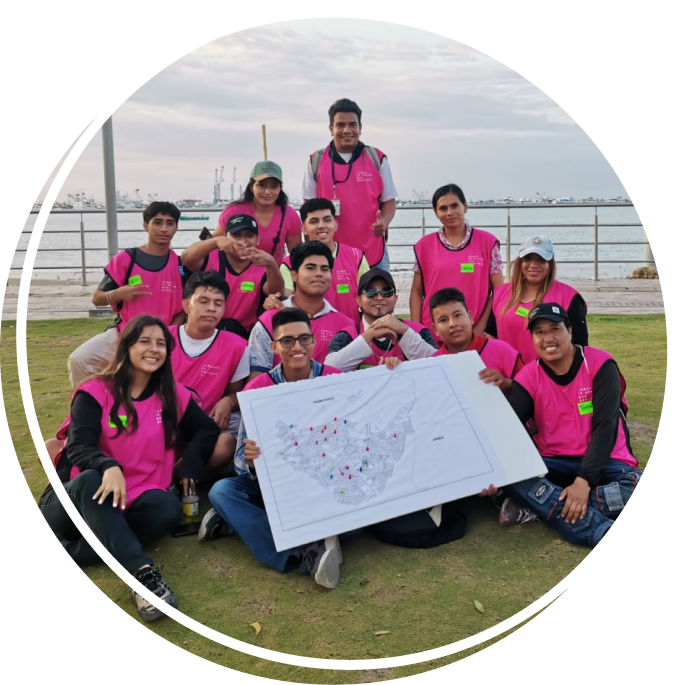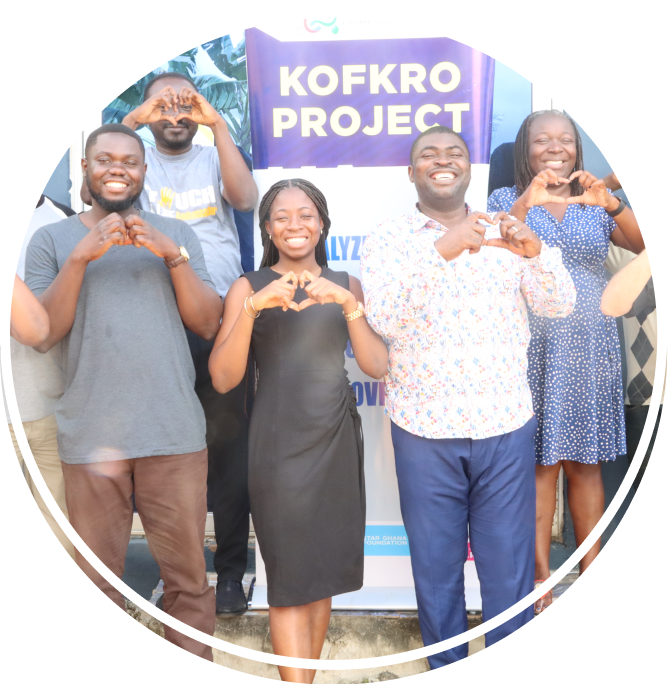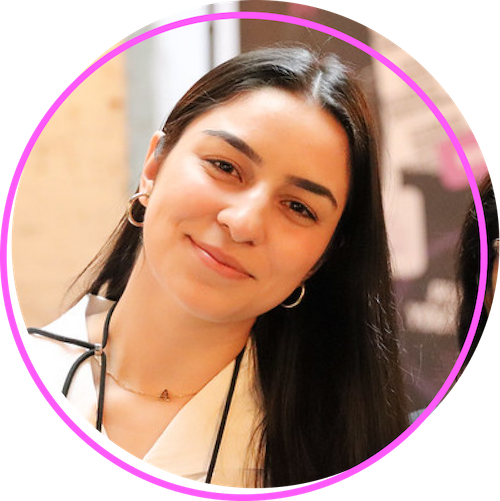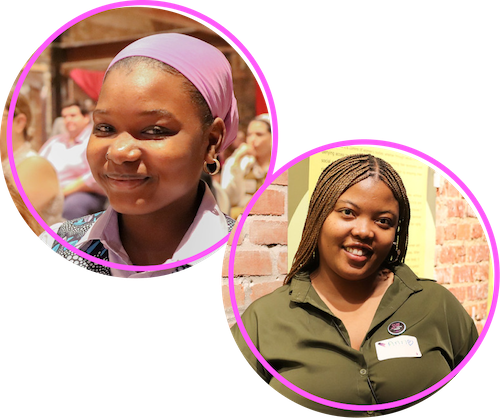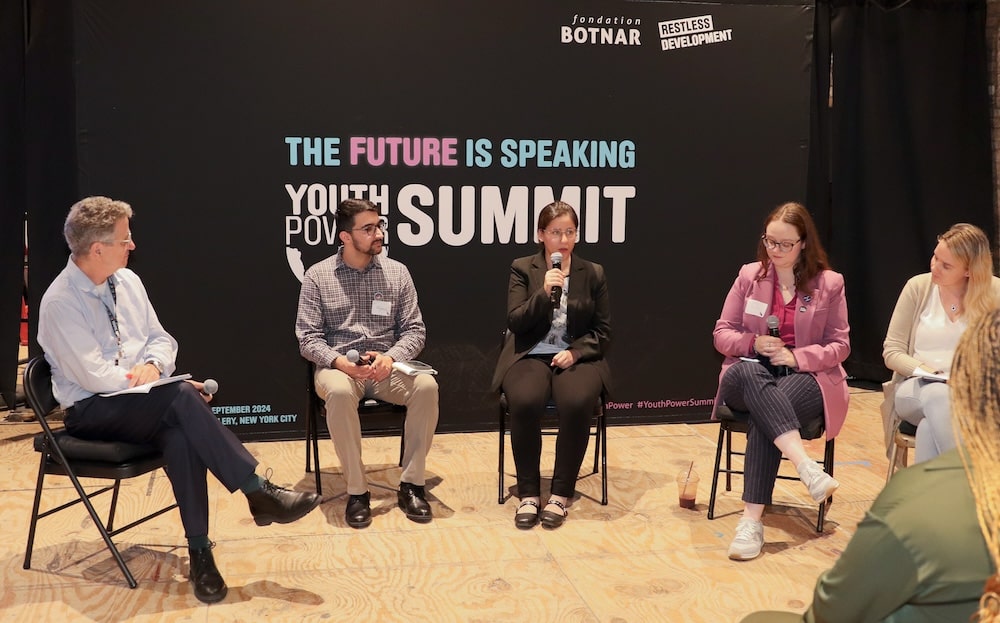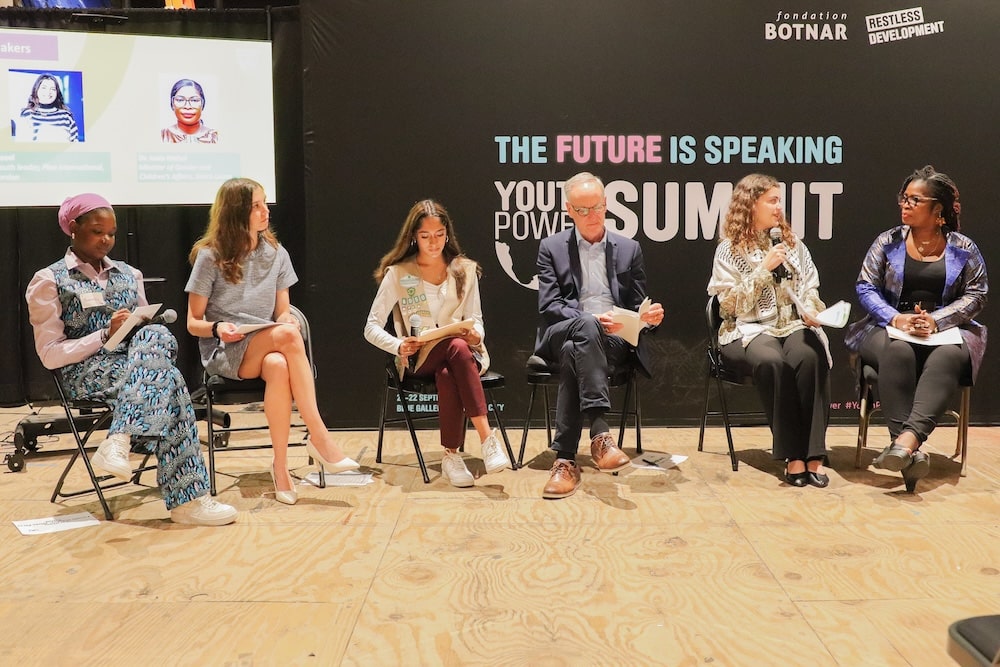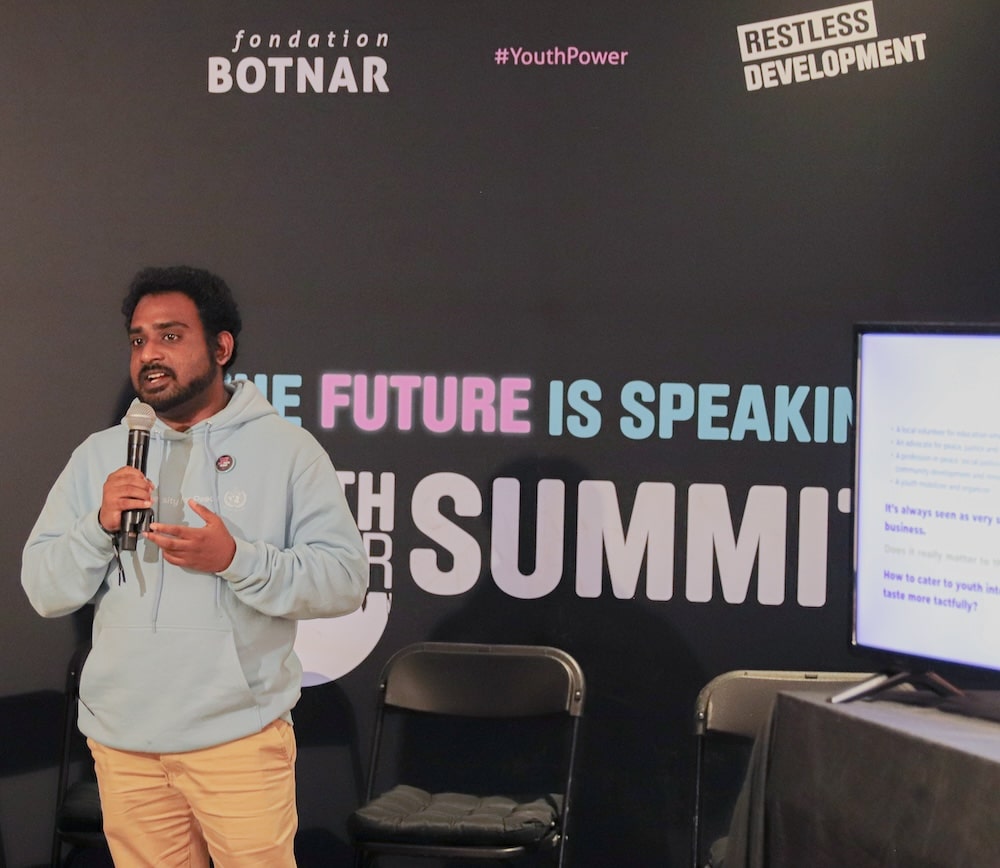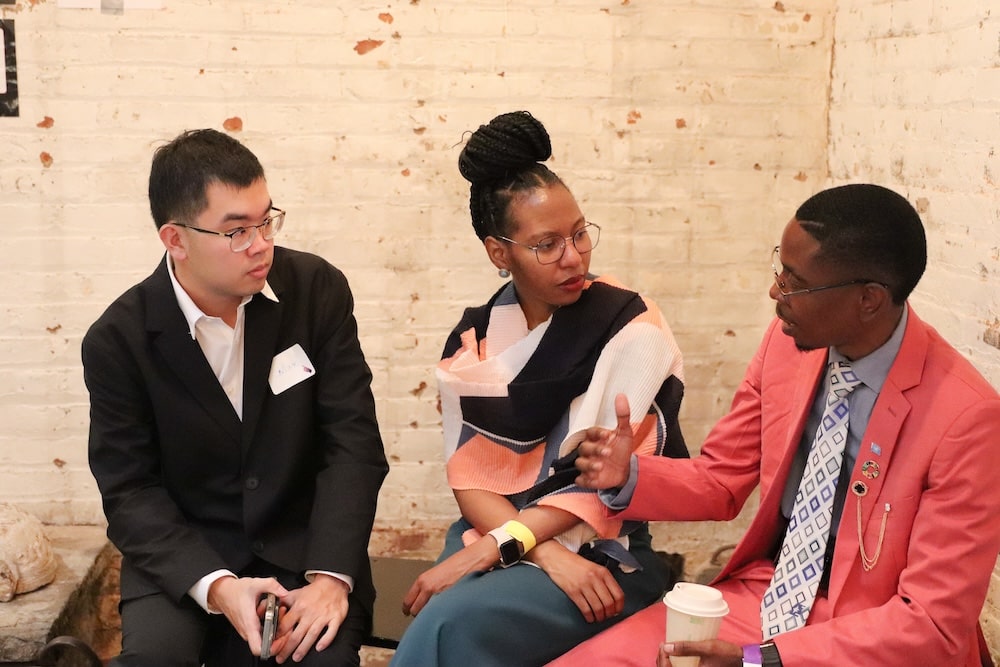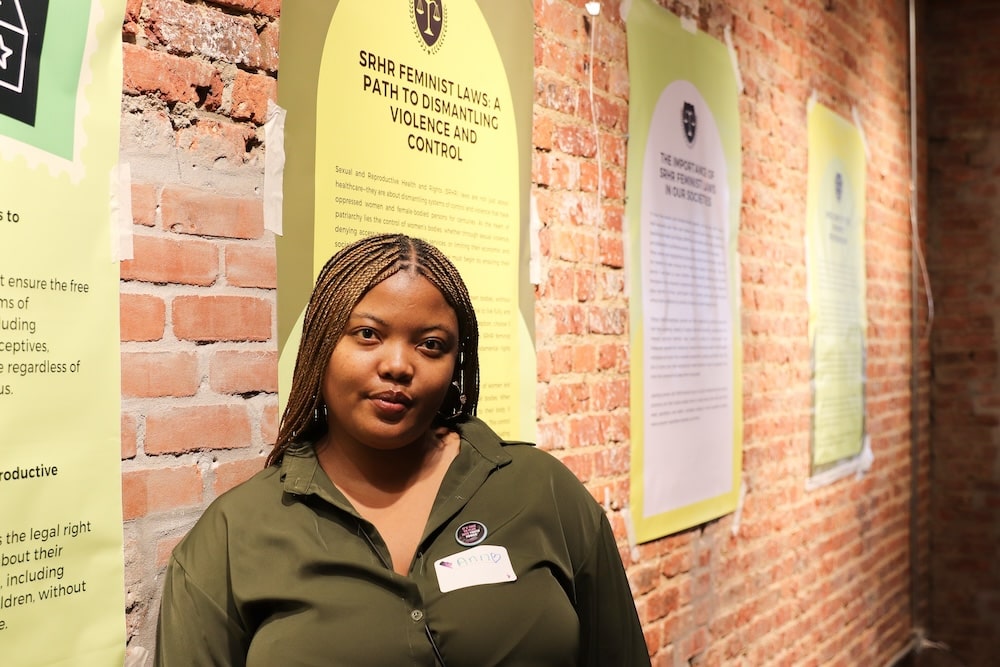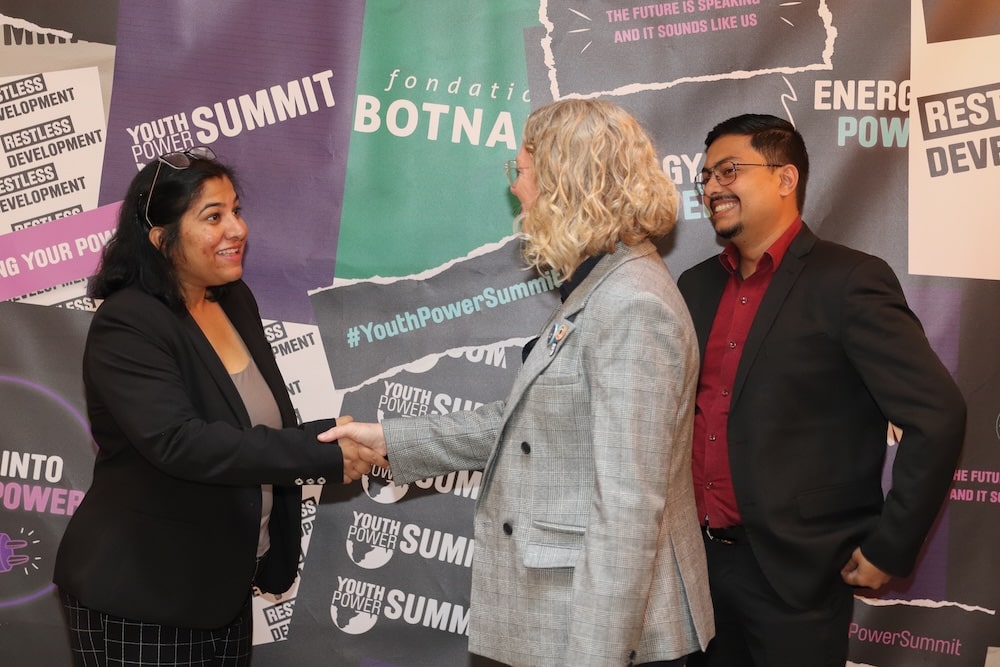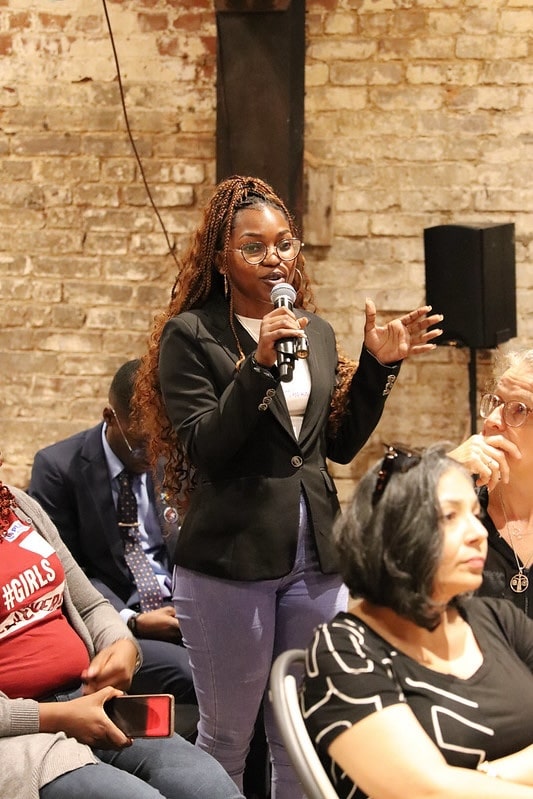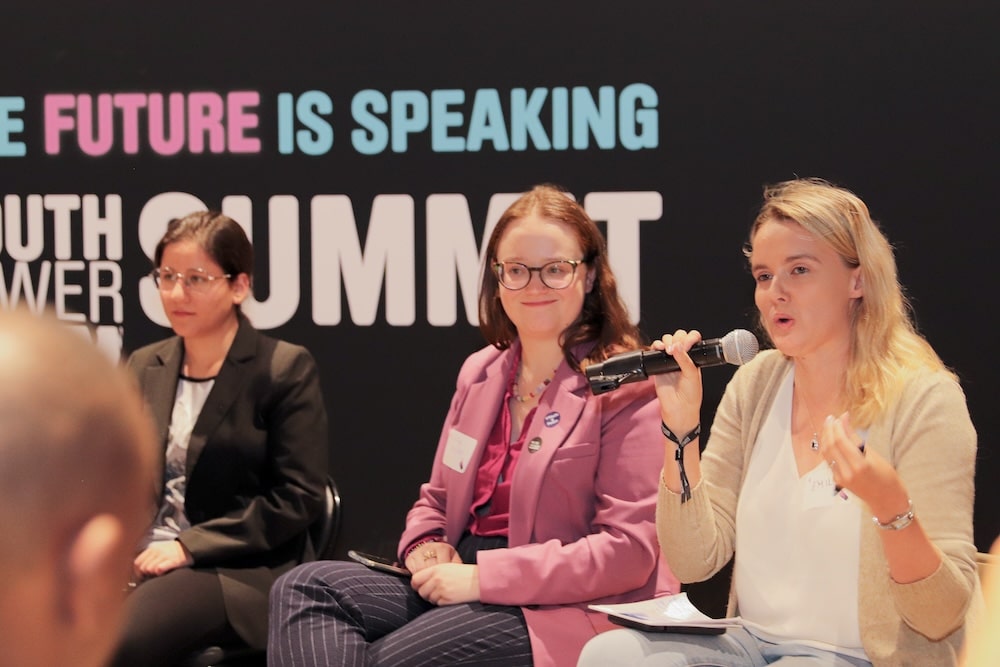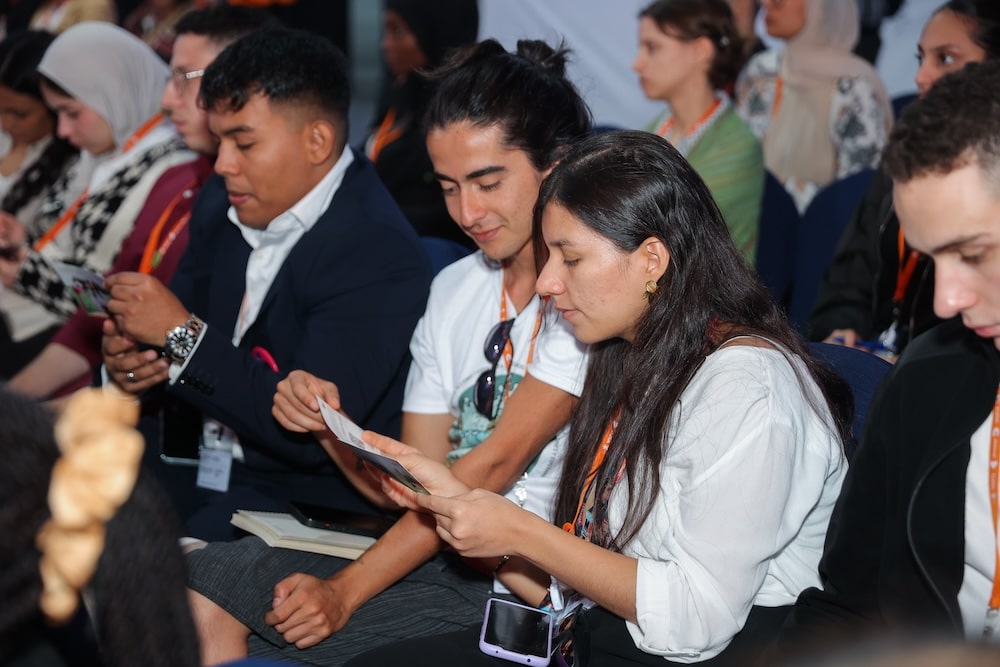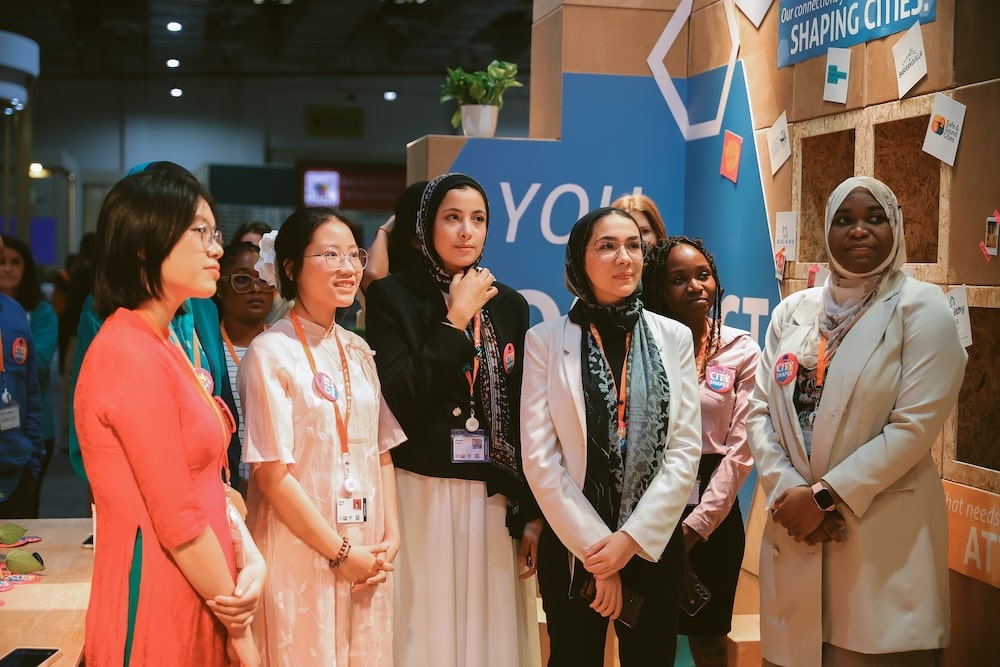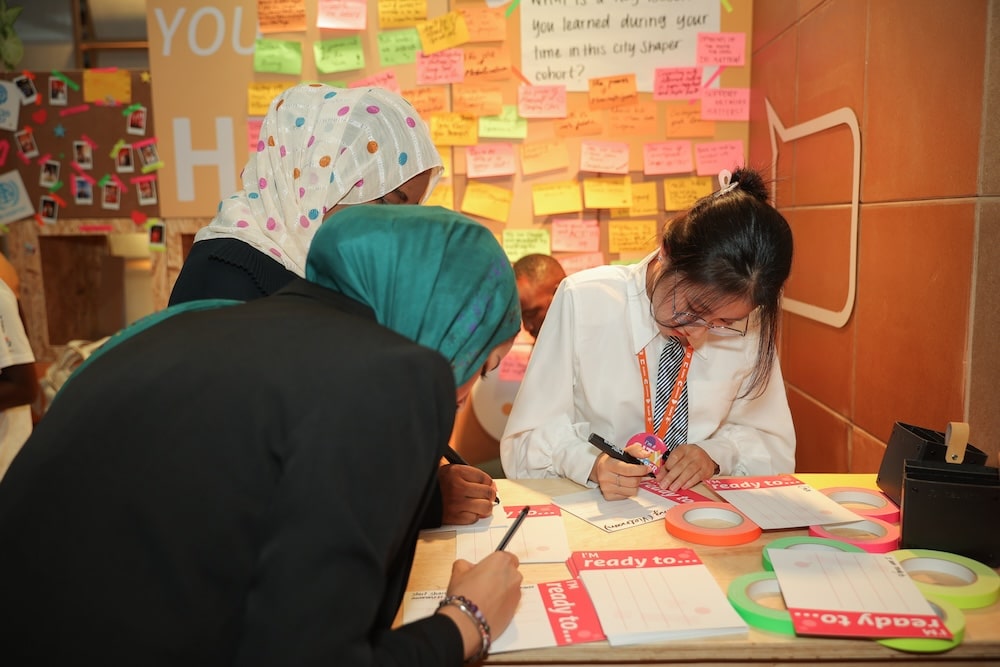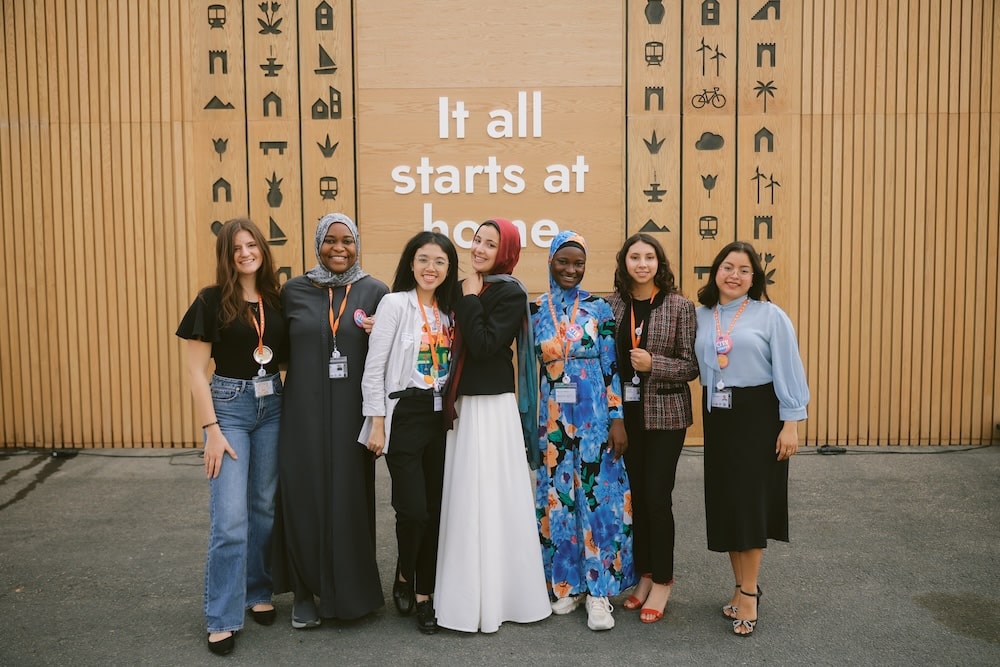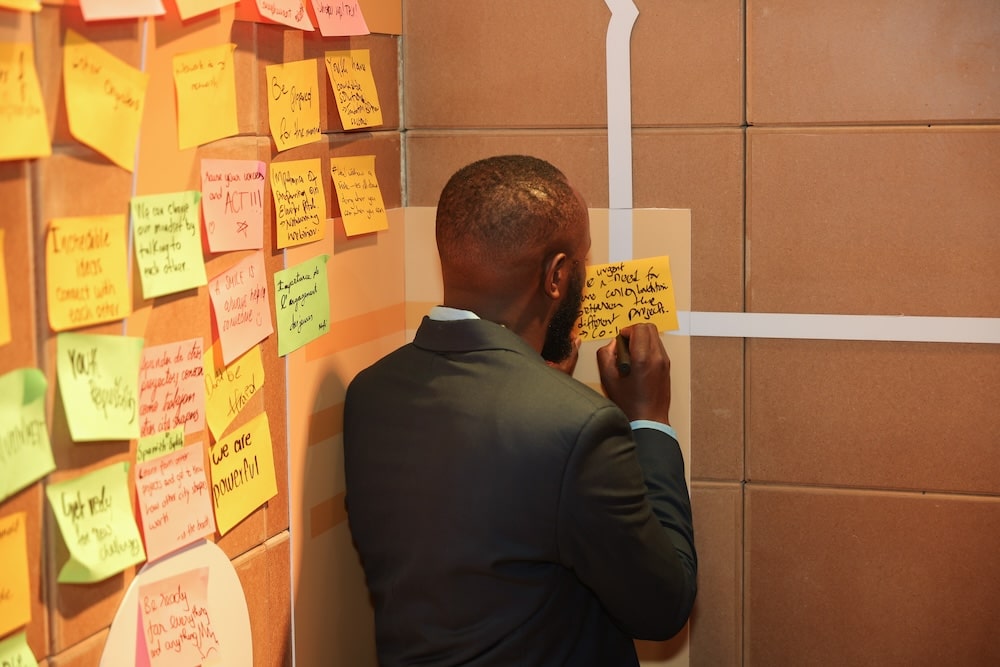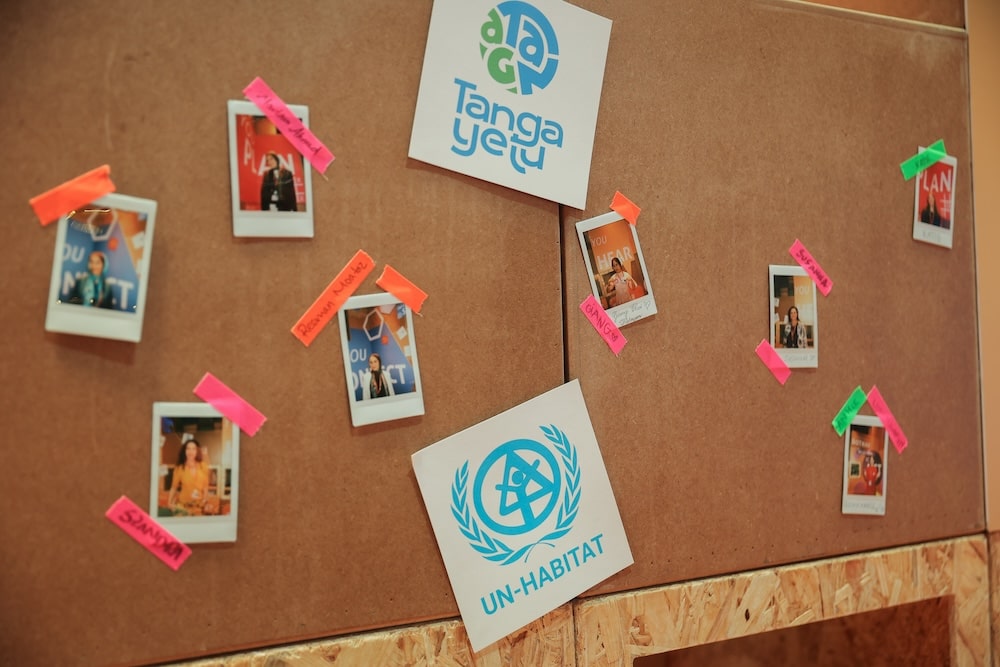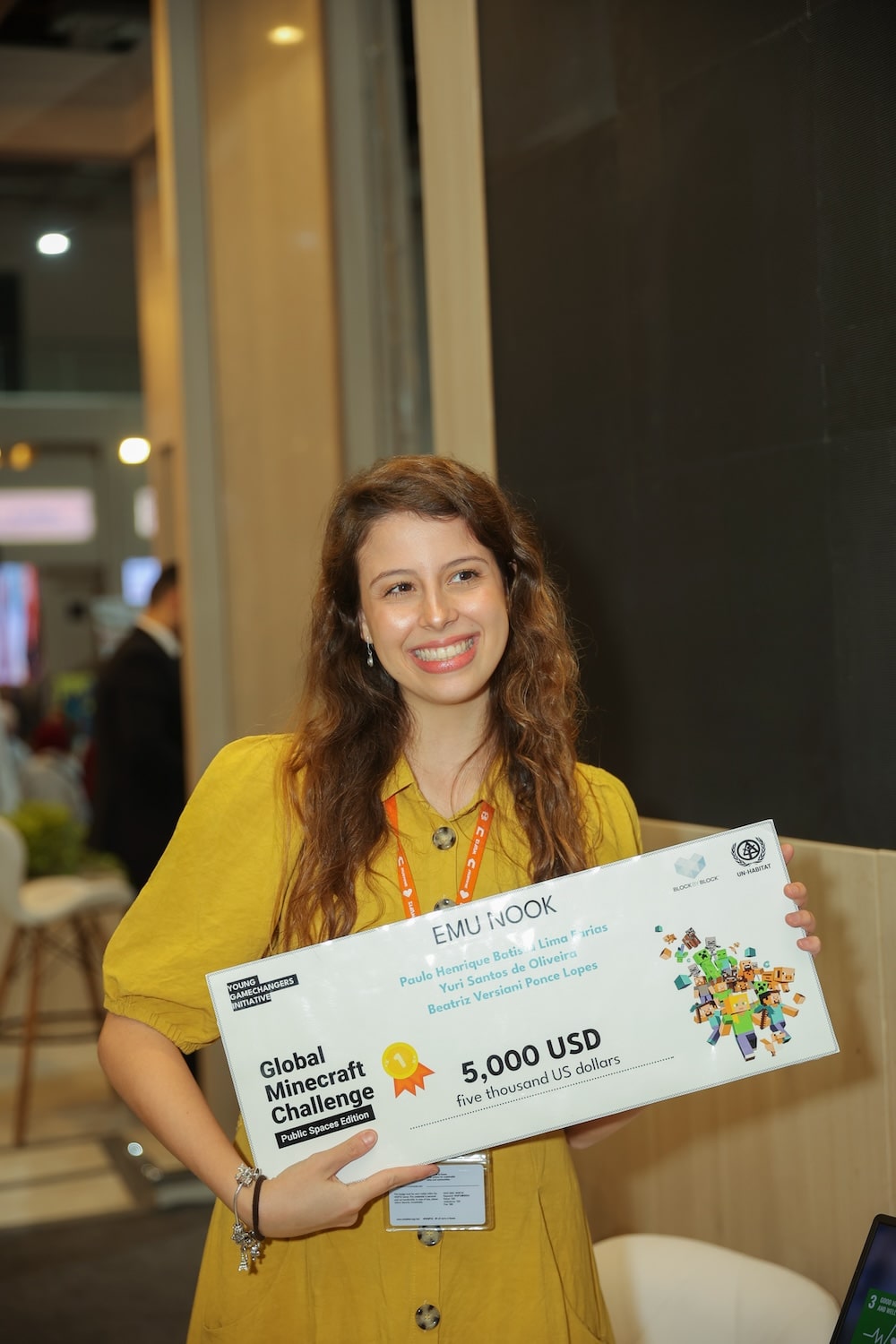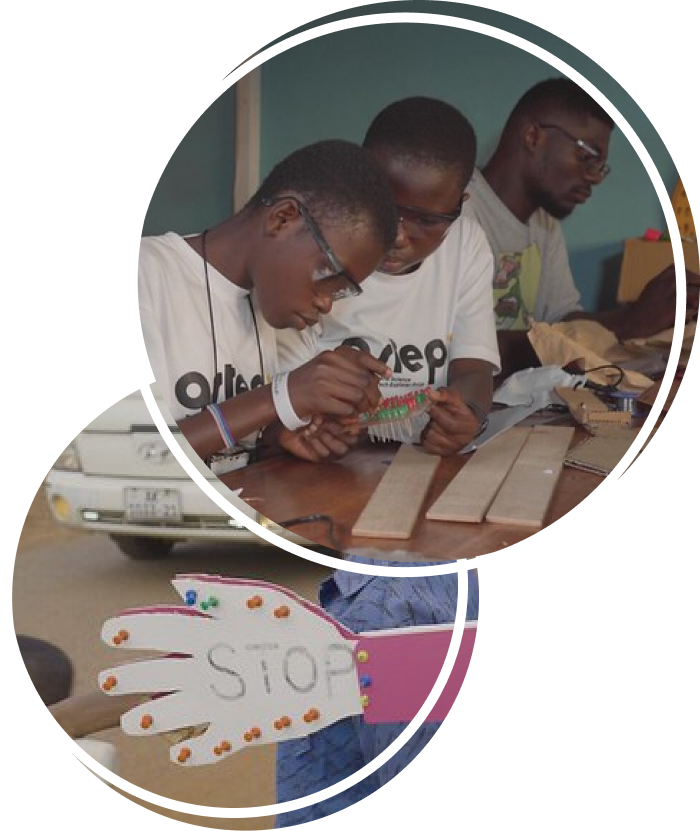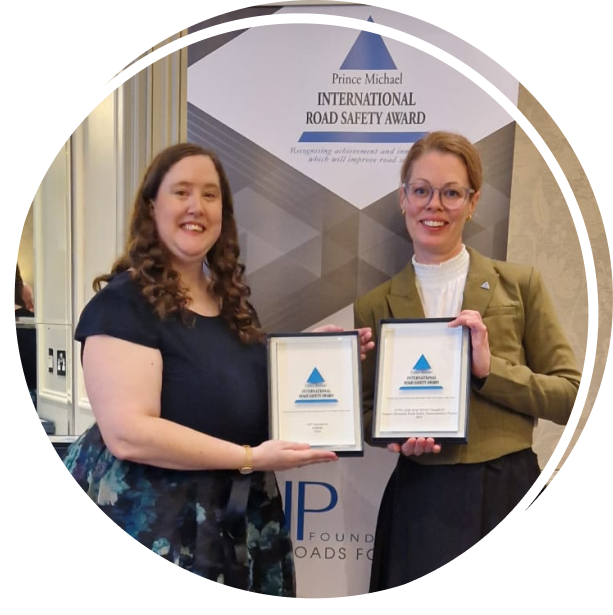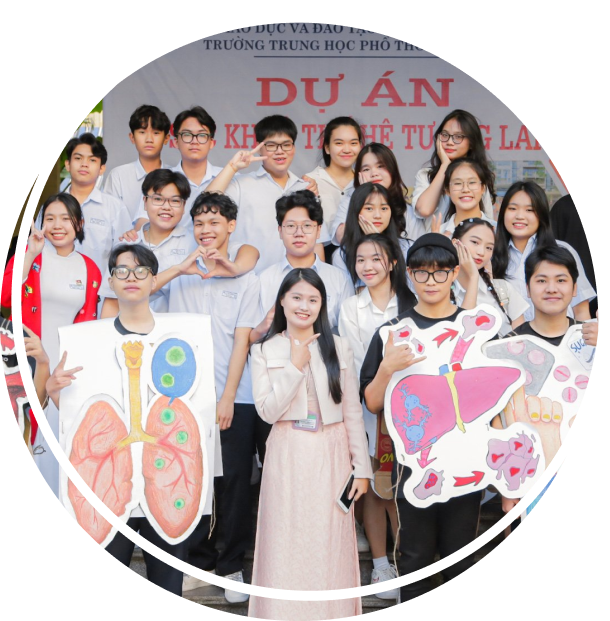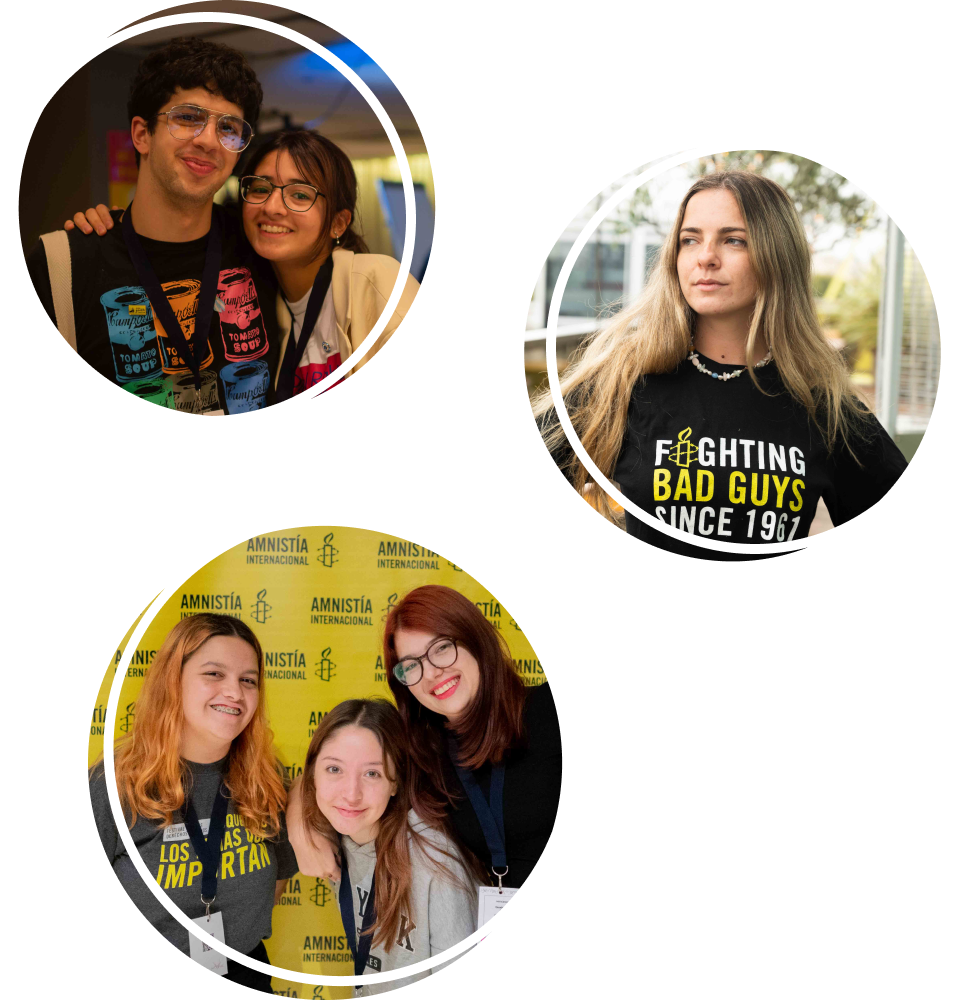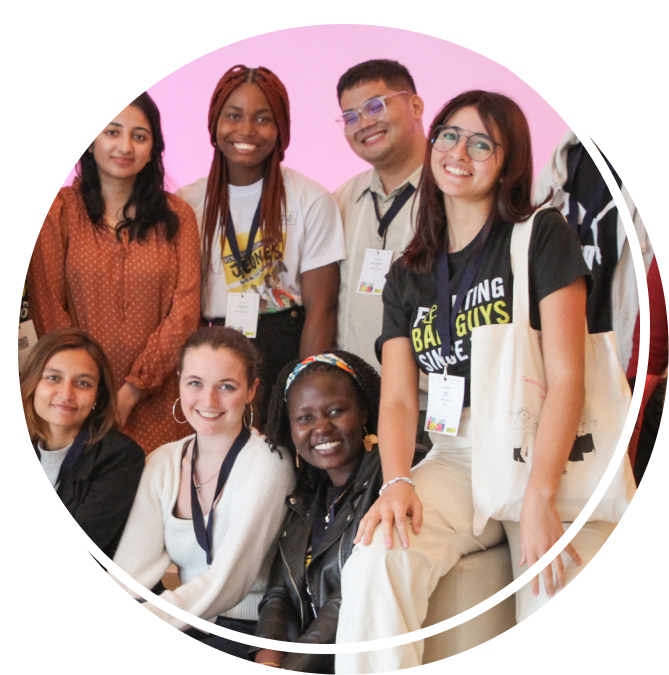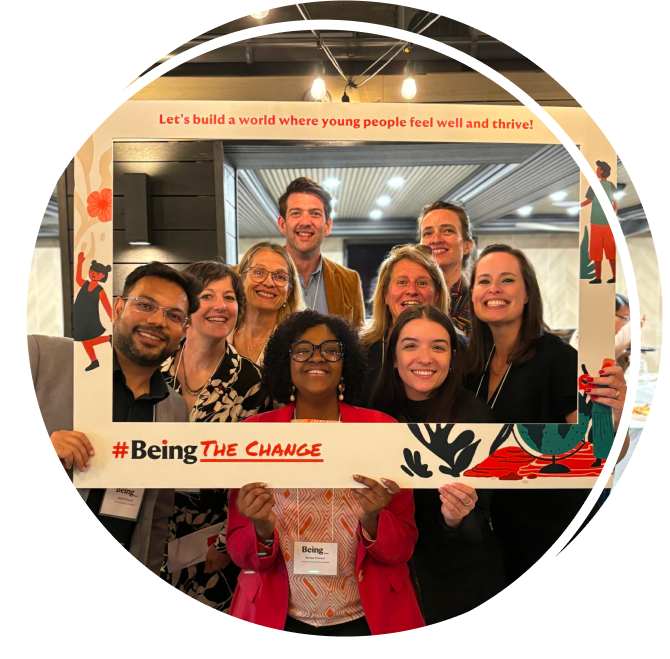The second Intelligent Health conference kicked off in Basel on 11 September. Once more, Inspired Minds CEO, Sarah Porter, and her hardworking team orchestrated an inspiring line up of those working both behind the scenes – and at the forefront of AI’s application to health and care services.
This year, there was an entire stage dedicated to real life use case demonstrations – illustrating the speed at which AI is weaving into the fibres of our health systems and bridging the access gap for vulnerable populations. Some standout examples included algorithms for cervical cancer testing in contexts where diagnosis is inefficient to non-existent, machine learning that detects indicators of ADHD in young people faster than a psychiatrist, and AI enabled apps in children’s hospitals for child-friendly learning on unfamiliar procedures.
While it’s important to be mindful of the breadth of opportunities – one cross-cutting theme ensured discussions remained focused on addressing the challenges at stake: how do we govern global health data effectively so that everyone benefits?
Here, our CEO Stefan Germann and Chief Learning Officer, Aline Cossy-Gantner unpack that question, reflecting on some of the key outputs from last month’s event.
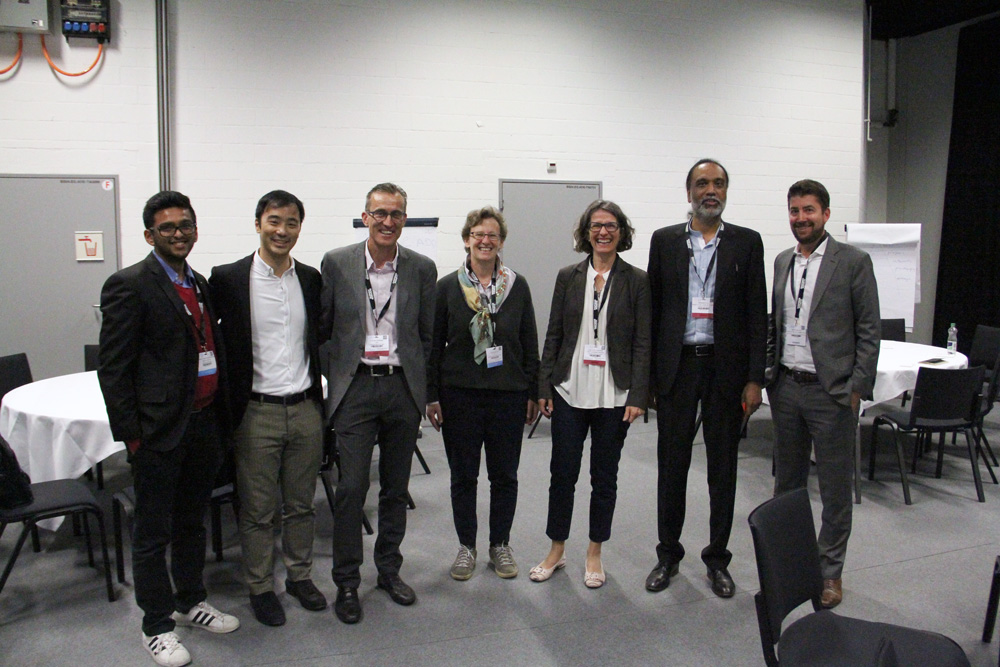
Why is data management intrinsic to the future of AI for health?
Stefan: The hyperconnected nature of life in a digital age means a fast flowing flood of data. The benefits this offers to healthcare are two-fold: smarter decisions on programs and interventions, while simultaneously reducing management complexities and easing the capacity strain on services. Though as aptly put in a recent article by Forbes Tech Council Member, Manish Mehndiratta, “managing data is as critical as having data”. It is only valuable when the flood is filtered and governed within a safe function that is accessible to those with good intention. Unless we strengthen data governance in the next coming years, we won’t fulfil the promise of AI.
What are the priority areas if we are to achieve better governance?
Aline: It’s clear that we need new models for relevant bodies to manage data. Research for one is a tool that can – and is already – enabling us to distill issues like data security, agency and privacy concerns. But only when we work in unison, not silos. Better collaboration between and within research sectors is a necessity. Research collaboratives could allow us to select and address the most important questions and accessing large data sets, while opening opportunities for talent and capability sharing across geographies.
Stefan: I captured three key themes when I moderated a panel of experts on “Health data governance – how to create a lean and balanced data governance function”. Trust, private-public partnerships, and data availability for research purposes. We desperately need the private and public sector to be aligned if we are to overcome financial, technical resource limitations, and legal and ethical issues. Raising awareness and educating through research is then a big part of building mass trust in data use and non-traditional systems.
What is Fondation Botnar doing?
Stefan: Cross-sector collaboration couldn’t be more important right now. If we are to realise the value of data, safely and equally, we can speed up progress towards universal health coverage (UHC). Working closely with PATH, Women Deliver, Partnership for Maternal, Newborn & Child Health (PMNCH) among others, we have formed a coalition to help drive and accelerate the use of AI and digital technologies on the pathway to UHC. At the heart of this effort is increased action to avoid fragmented data collection and non-synchronized approaches.
Aline: At Fondation Botnar we are convening to bring local and global stakeholders together to address these roadblocks and mobilising research to enable evidence to guide the way. We currently support the ITU/WHO Focus Group on artificial intelligence for health (FG-AI4H), which is composed of AI and machine learning specialists, healthcare practitioners and researchers, regulators, ethicists, and social scientists. The group will work to establish a standardized assessment framework and benchmarking of future AI-enabled solutions for health.
To learn more about the topic groups and FG-AI4H activities, please visit their website.
To learn more about our coalition and to register your interest click here.
